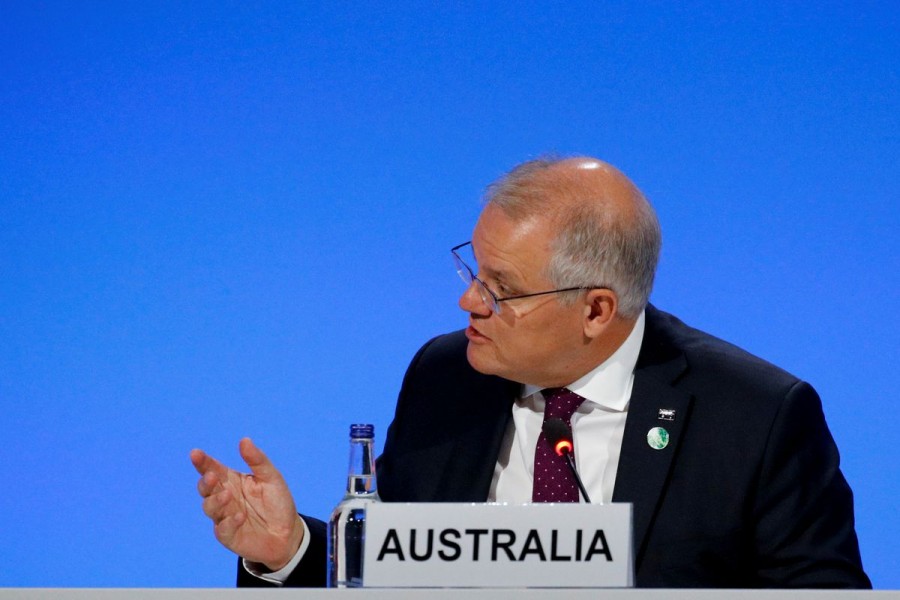Australia is expected to trigger a national election in the coming days, with Prime Minister Scott Morrison seeking to clear thorny political issues as his three-year term nears its end, reports Reuters.
"It won't be very long from now," Morrison told radio station 3AW on Friday, saying an election was due in the middle of May.
On Thursday, Morrison's conservative government changed position and agreed to spend hundreds of millions of dollars more on aid for flood victims in Queensland state, where the centre-left Labor Party must gain seats to win a general election.
The latest polls show Morrison's Liberal Party lagging behind Labor.
Refugees detained for two years in a hotel in Melbourne under Australia's tough border policies were also suddenly released into the community on Thursday.
The Park Hotel shot to international prominence when tennis star Novak Djokovic was detained there briefly in January.
It was used to detain refugees medically transferred from Australia's offshore processing centres for asylum seekers who attempt to reach Australia by boat.
A lawyer for the refugees, some held in immigration detention for nine years, told ABC radio their release into the community on temporary visas was "a last minute political fix on an election eve".
Morrison forged his political career as the immigration minister who "stopped the boats", a reference to tough border policies to discourage mostly Afghan and Iranian asylum seekers arriving by sea, that had been viewed as key to winning elections for the past decade.
But the Liberal Party is under new pressure from independent candidates who are critical of the treatment of asylum seekers, including in two seats in the biggest city, Sydney, previously held by Liberal prime ministers.
Independent lawmakers in seats previously held by the Liberals have said the Djokovic detention saga had caused a flood of letters from voters concerned over the detention of refugees.
Morrison said on Friday the election would be fought on his government's economic track record and national security, and cast Labor as an "unknown".
Analysts have pointed to cost of living pressures, in the wake of the pandemic and rising oil prices caused by the Ukraine war, as a dominant issue.


